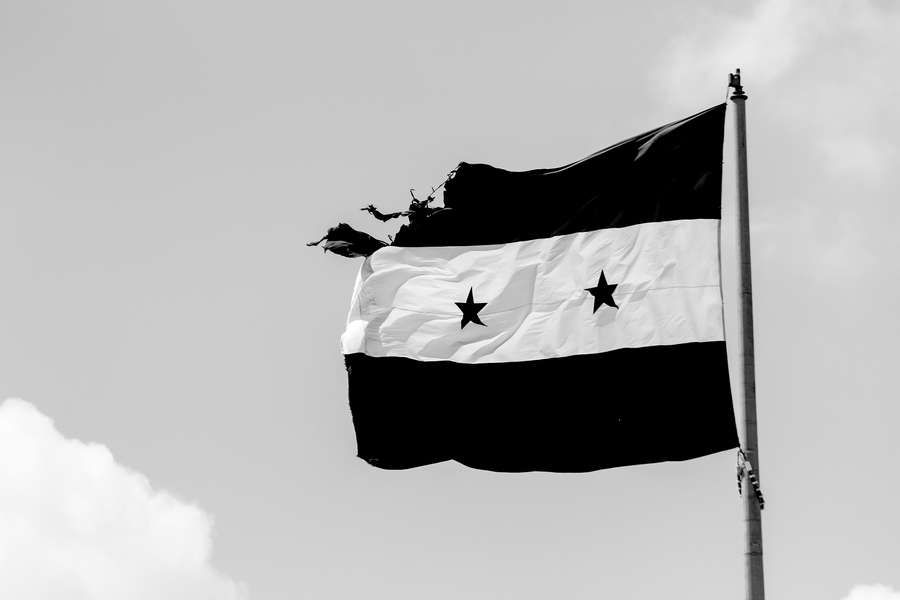Rome, Italy, Mar 30, 2017 / 03:02 pm (CNA/EWTN News).- Six years after the start of the Civil War, Syria's apostolic nuncio said that the country is in a “bloodbath” — a situation so desperate it leaves you with the impression of being in hell. “I do not know how to describe these atrocities,” Cardinal Mario Zenari told CNA March 25.
“I always say, whoever does not believe in hell, just go to (Syria) and it will convey the weight of hell.”
“In Damascus ten days ago we saw on the television, this display, these Kamikaze, seventy dead, forty dead, it is a bloodbath,” he said. Cardinal Zenari has been the Vatican’s Apostolic Nuncio to Syria since 2008. A new cardinal, he was appointed by Pope Francis in the last consistory in November and came to Rome from Syria for his installation Mass at the church of Santa Maria delle Grazie alle Fornaci March 25.
March 15 marked the sixth anniversary of the start of the Syrian Civil War. What began as peaceful demonstrations protesting ongoing human rights abuses and suppression of free speech erupted into a war that has killed hundreds of thousands and forced millions from their homes. Today an end to the violence is nowhere in sight. The majority of Syria’s population has been displaced. And new threats that have grown out of the situation — most prominently ISIS — have only added to the chaos.
Asked if Pope Francis is likely to visit Syria, Cardinal Zenari said that “he’s ready to come,” but it’s a question of security, not only for him, but also for the people there. “If the Pope comes to Syria he would have to stay at the nunciature” for safety, he said, but this causes problems because when the Pope visits a country he “must meet the people, meet the crowds.” With the danger of suicide bombers in Damascus right now, the responsibility is too high for him to come, Zenari said. “If he's ready, he's ready but you have to say wait a bit just for the safety of all, of the faithful... because of what we see, really, these huge bloodstains.”
It is very important, the cardinal said, to continue to raise awareness of the “enormous suffering.” He is afraid that after a few years, people will gradually forget the trauma, stop talking about it. It is necessary that we keep talking, praying, and working to influence governments to help as well, he said.
“There are so many of our brothers and sisters here, and, I would say, all-in-all, there are people of all faiths suffering…” However, minority groups such as Christians are under the highest risk from others, he said. They understand very well the Christian view of suffering as universal and like the cross.
But though there is so much atrocity, Cardinal Zenari explained that “there are also many beautiful examples of altruism.” Many volunteers, probably more than one thousand by now, have lost their lives bringing aid to Syria, he said, so they have these examples of generosity, people he calls, “desert flowers.”
Several times he has heard people list these atrocities before international communities, Zenari said, and every time, they see and do nothing. “You should notice more of this suffering of the civilians, especially women and children,” he said. “It is time to notice and not just read about this but realize it means to do something.”
Alvaro de Juana contributed to this story.

